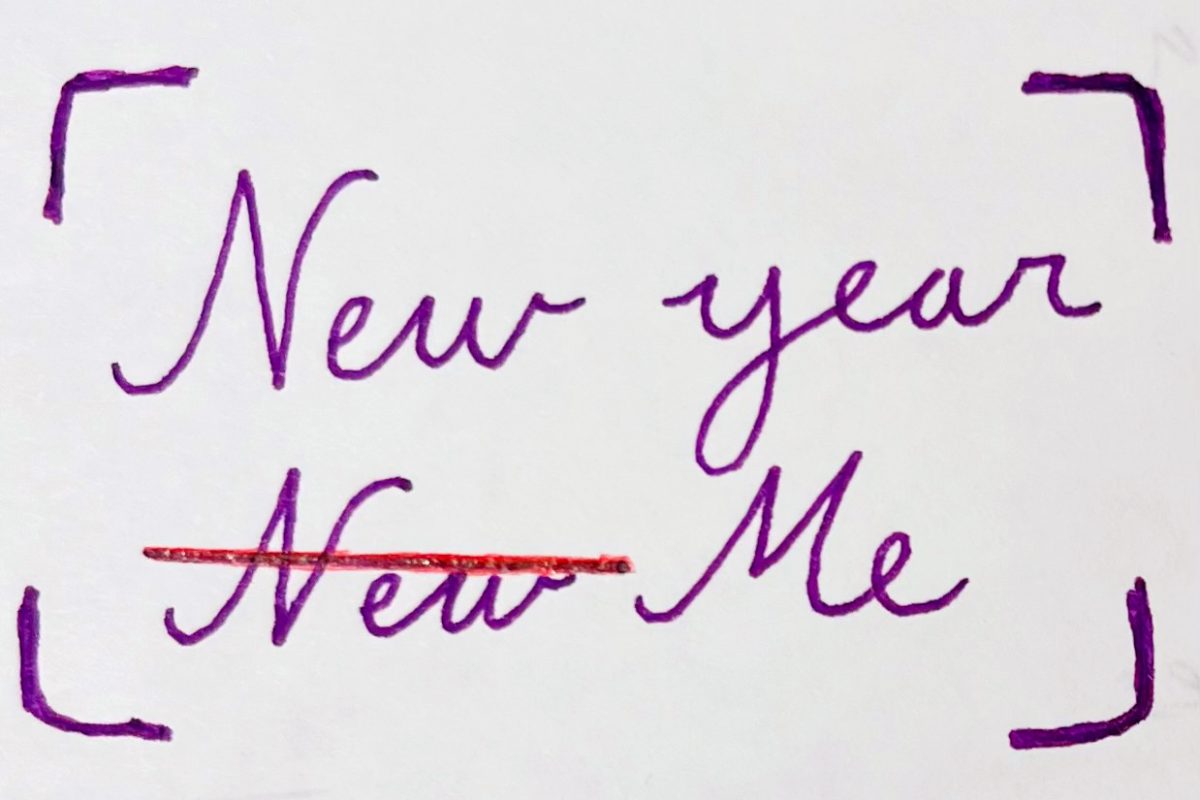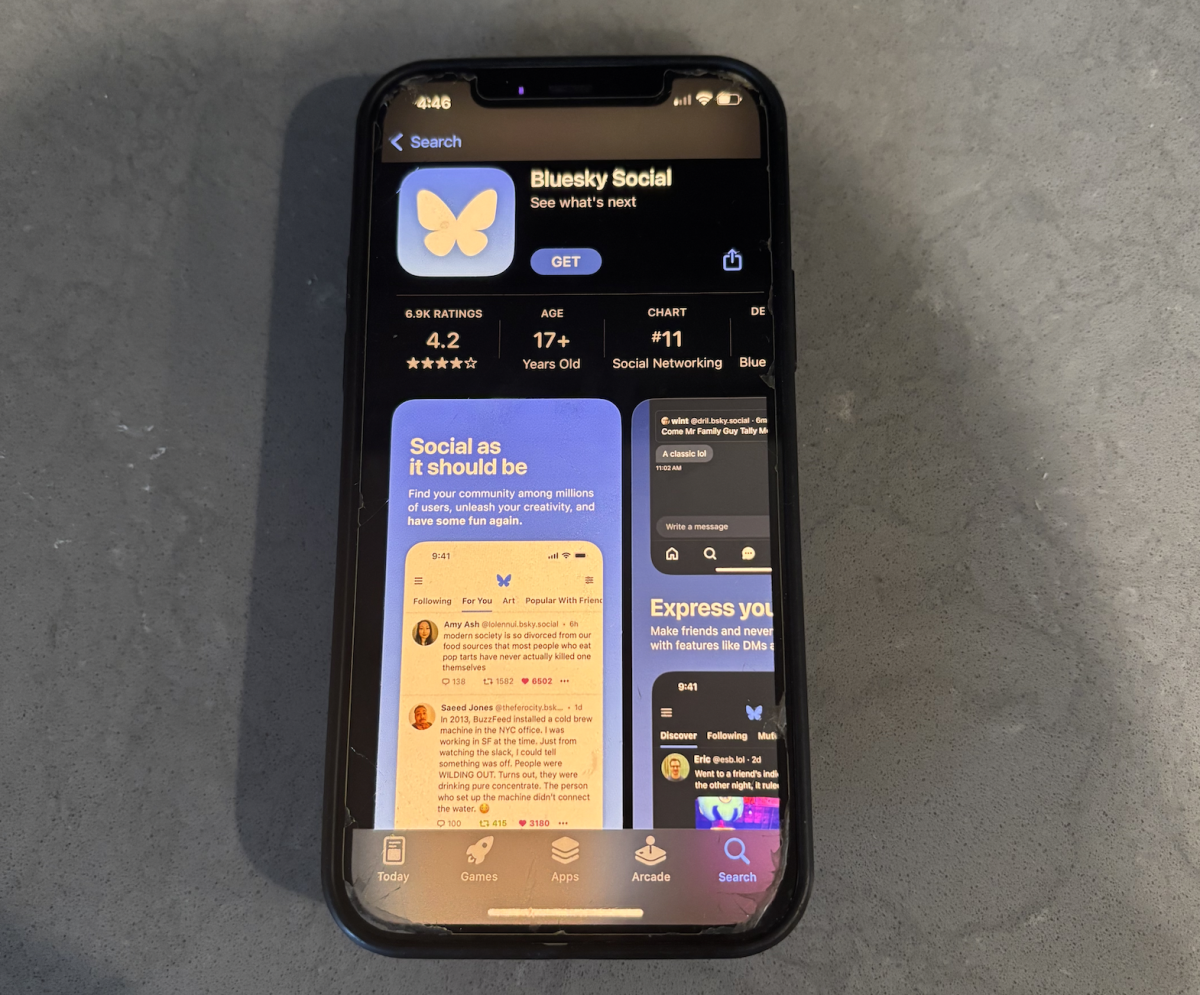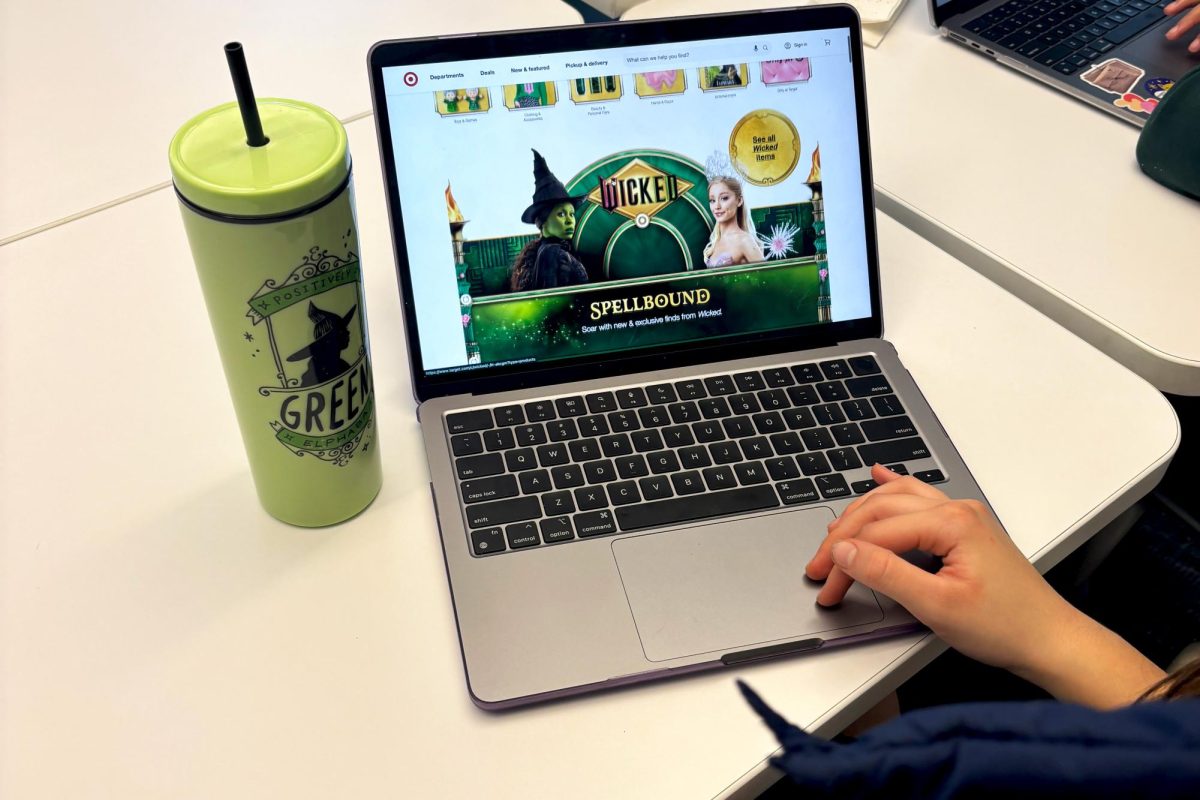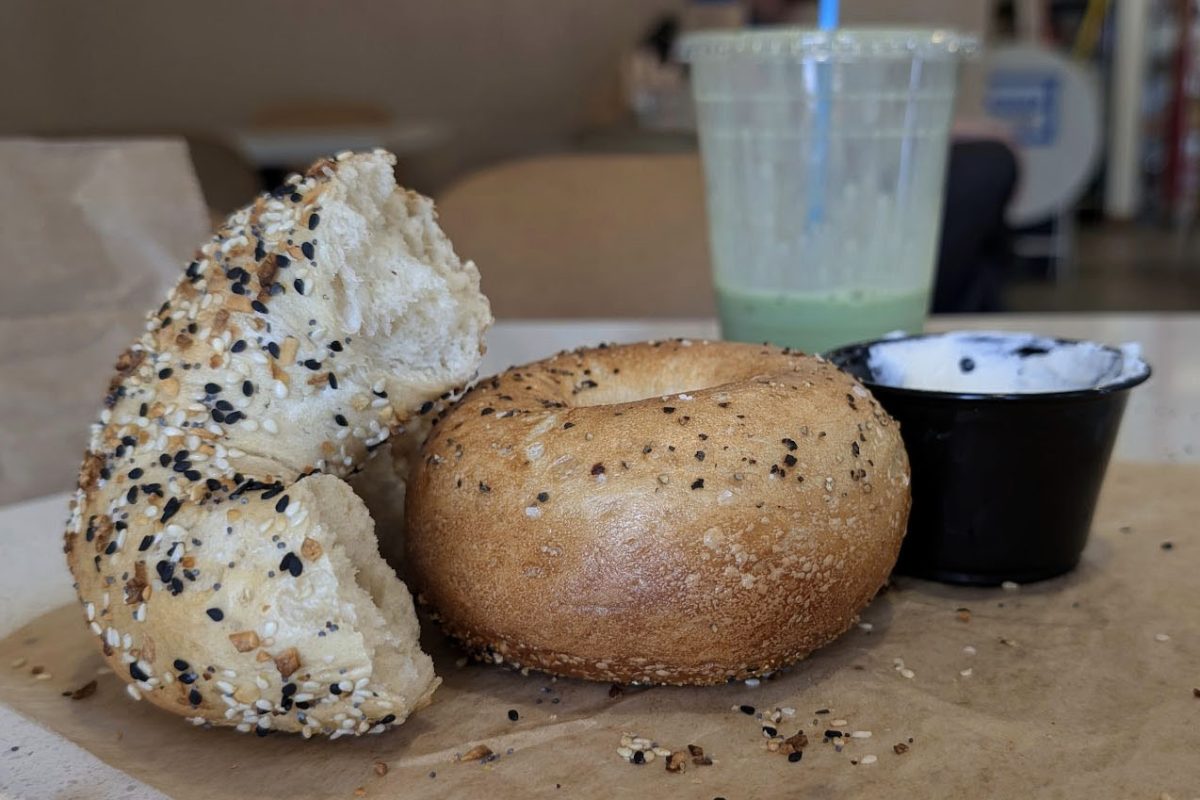It’s Jan. 1. Sitting before an incomplete list of overambitious New Year’s resolutions, a quiet sense of dread begins spreading through my mind. When I look down at the list, I somehow feel exhausted, and it’s only the first day of the year. What else should I add to my list? Will my New Year’s resolutions actually last this time?
Only a few weeks into the new year, I seem to find myself in the same position I was in the previous year: losing sight of and abandoning my New Year’s resolutions. I was determined to start running twice a week in 2024, but since running two exhausting miles on the afternoon of Jan. 8, I have not put my running shoes back on. I also wanted to delete Instagram and TikTok, yet I found myself redownloading both apps early into the new year, watching with disappointment as my weekly screen time rose.
This phenomenon is quite common. According to an article by Richard Batts, who has a bachelor’s degree in education and psychology from Ohio State University, researchers suggest that only 9% of Americans who make New Year’s resolutions complete them, and 43% of resolute Americans quit by the end of January. It seems that for most people, New Year’s resolutions are frustratingly short-lived.
This is because New Year’s resolutions stem from the saying, “New year, new me,” turning this list of goals into attempts at reinventing ourselves. For instance, a recently popularized TikTok trend highlights users who share their “ins and outs” for 2024. However, these resolutions are often quite counterproductive; when you focus on what you believe is wrong with your life, the pressure to change into a “perfect” version of yourself can cause a lot of anxiety, ultimately preventing people from achieving their goals.
If New Year’s resolutions work for you, keep making them. However, if they are rather a source of stress, I suggest starting the new year with a different approach.
Instead of sticking with your typical New Year’s resolutions, try using one word or sentence to describe the theme you hope to embody or be especially mindful of this year. For example, going into 2024, my word is choice. I want to remember I always have the power to choose how I view different parts of my life and what actions I take. Although it may seem obvious, remembering I want to make intentional choices inspires me to make small but meaningful changes to my daily life. What’s your word for 2024?
Entering the new year, almost everyone hopes to create real changes in their lives, only to realize they are not able to follow them. So how can we successfully make important changes to our lives this year?
According to the book “Atomic Habits” by James Clear, we should focus on our habits rather than desired outcomes. One of Clear’s quotes that resonated deeply with me was, “You do not rise to the level of your goals. You fall to the level of your systems.”
Another one of his suggestions for building lasting habits is to create identity-based habits. Clear argues that your current behaviors mirror the type of person you believe you are; therefore, you need to begin believing new things about yourself. And through small but intentional actions, also known as “small wins,” your identity will develop from your habits.
In general, to create a good habit, Clear suggests making it as obvious, attractive, easy and satisfying as possible. To break a bad habit, Clear recommends making it invisible, unattractive, difficult and unsatisfying.
The reason I found Clear’s guidance so valuable is that I’ve come to learn change cannot be created through a long list of goals: You must create a system. Our habits are what create lasting change. Focusing on these smaller actions that align with who you want to be is much more manageable than a daunting list of New Year’s resolutions.
In Clear’s descriptions of the cycle of the habit loop, he details how a cue triggers a craving, fueling a response that is ultimately rewarded. By understanding this cycle, Clear affirms that we will be able to create automatic, productive habits. This idea can also be used to break certain habits; here’s an example: “When I feel super stressed (cue), I eat a ton of ice cream (craving and response), and I feel a little bit better after (reward).” By dismantling the response, you can begin to focus on replacing it with something else.
There is nothing wrong with setting New Year’s resolutions, especially if they work for you. However, if you notice they don’t last, and you feel discouraged by this, I hope you will embrace the idea of creating lasting change through your habits and intentionality behind your identity. Finally, I hope you can feel empowered by the inherent power that comes from remembering you always have a choice.
My philosophy this year is “new year, same me.” I want to embrace the joy that comes from accepting I am still the same person who is always growing, changing and trying her best.
Bring it on, 2024.
















